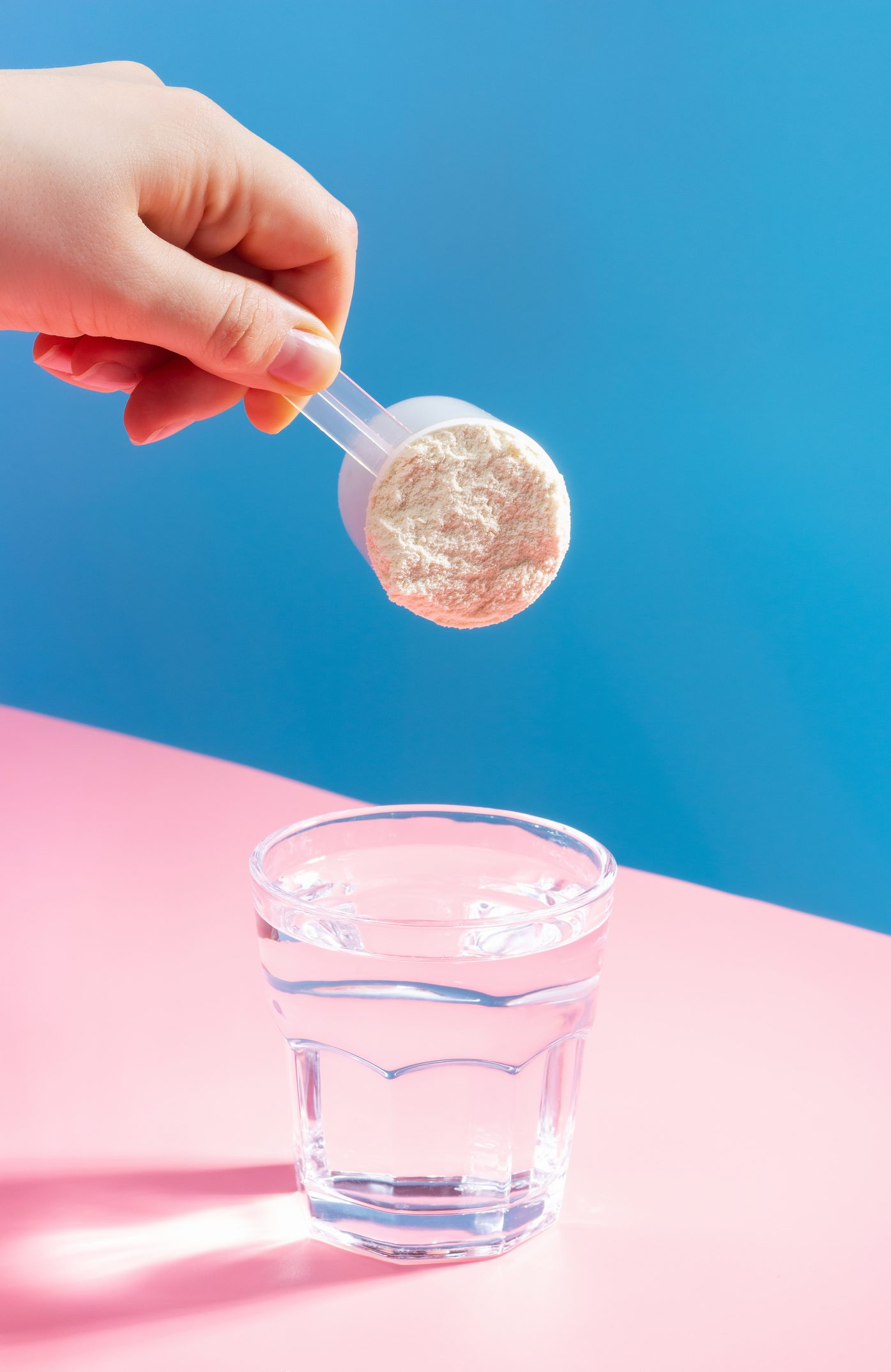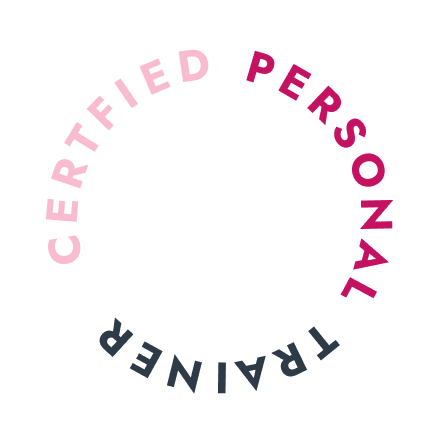It’s Not Just For Bodybuilders!
When we hear “protein,” many of us immediately picture bodybuilders chugging shakes. But protein is actually the unsung hero of everyday nutrition for ALL of us! Let’s find out why this mighty macronutrient deserves a pride of place on your plate, even if you never plan to step foot in a weights room.
Why Your Body Absolutely Loves Protein
The Hunger-Fighting Champion
Ever wolfed down a big bowl of pasta only to feel hungry again an hour later? That’s because carbs alone don’t keep you satisfied for long. Here’s why protein is your secret weapon against the munchies:
- It takes longer to digest – Your body works harder breaking down protein, meaning it sticks around longer
- Triggers fullness hormones – Protein stimulates hormones that tell your brain “I’m full!”
- Stabilises blood sugar – No more energy crashes that send you hunting for snacks
- Requires more energy to process – Your body actually burns more calories digesting protein than carbs or fat
Real-world translation? A protein-rich breakfast (like eggs on toast) will keep you going much longer than just toast with jam!
The Muscle Maintenance Must-Have
Regardless of whether you want visible muscles or not, your body contains over 600 muscles that need proper care! Protein is essential because:
- Muscles are literally made of protein – Without enough, your body can’t maintain what you’ve got
- Repair and recovery – Everyday activities cause tiny muscle damage that needs fixing
- Prevents age-related muscle loss – From our 30s onwards, we naturally lose muscle unless we’re proactive
- Supports metabolism – More muscle means more calories burned, even at rest
Even if your goal isn’t “getting ripped,” maintaining healthy muscle mass keeps you strong, functional and metabolically healthy as you age.
The Balanced Diet Superstar
Beyond satiety and muscles, protein plays countless other vital roles:
- Immune system support – Antibodies that fight infection are made of protein
- Hormone production – Many hormones that regulate mood, hunger and metabolism need protein
- Enzyme creation – The chemical reactions in your body rely on protein-based enzymes
- Transport of nutrients – Protein carriers move vitamins, minerals and oxygen around your body
- Skin, hair and nail health – Looking for that healthy glow? Protein is the foundation

How Much Do You Actually Need?
The official UK recommendation is around 0.75g of protein per kilogram of body weight daily. However, this is really just the minimum to prevent deficiency, not necessarily the optimal amount.
Many nutrition experts now suggest:
- General population: 1.2-1.6g per kg of body weight – a 90kg person would need a minimum of 108g (90 x 1.2)
- Active people: 1.6-2.2g per kg of body weight – a 90kg person would need a minimum of 144g (90 x 1.6)
- Older adults: Higher end of the range to prevent muscle loss – a 90kg person would need a minimum of 198g (90 x 2.2)
What Does That Look Like in Real Food?
For a 90kg person aiming for 1.2g/kg, that’s about 90g of protein daily. Here’s how that might break down:
- Breakfast: 2 eggs (12g) + toast with peanut butter (8g) = 20g
- Snack: Greek yoghurt (10g)
- Lunch: Chicken salad sandwich (27g)
- Snack: Handful of nuts (6g)
- Dinner: Fish with vegetables and quinoa (25g)
Total: 88g – job done without a protein shake in sight!
Protein Sources for Every Preference
Animal-Based Sources
- Chicken breast: 31g per 100g
- Greek yoghurt: 10g per 100g
- Eggs: 6g per medium egg
- Tuna: 29g per 100g
- Cottage cheese: 11g per 100g
Plant-Based Sources
- Lentils: 9g per 100g (cooked)
- Tofu: 8g per 100g
- Chickpeas: 7g per 100g (cooked)
- Quinoa: 4.4g per 100g (cooked)
- Peanut butter: 25g per 100g
Convenient Options
- Ready-cooked chicken pieces
- Tinned tuna or salmon
- Boiled eggs (make a batch for the week)
- Edamame beans
- Protein yoghurts
Practical Tips for Increasing Your Protein
If You’re Always On-The-Go
- Prep protein first – Cook a batch of chicken or hard-boil eggs at the weekend
- Smart snacking – Keep Greek yoghurt, protein bars, or nuts handy
- Upgrade your coffee stop – Choose a latte (milk = protein) instead of black coffee
- Toppings count – Add seeds to salads, yoghurt and smoothies for an easy boost
- Sandwich makeover – Double the chicken/tuna/cheese in your usual sarnie
If You’re on a Budget
- Eggs – Nature’s perfect budget protein package!
- Tinned fish – Tuna, sardines and mackerel keep for ages and cost less than fresh
- Frozen options – Frozen chicken, fish and prawns are often cheaper than fresh
- Plant power – Beans, lentils and chickpeas deliver protein at pennies per serving
- Milk and yoghurt – Especially the long-life or own-brand varieties
If You’re Plant-Based
- Combine sources – Rice + beans gives you all essential amino acids
- Experiment with tofu – The secret is in the preparation (pressing and flavouring)
- Lentils everywhere – Add to soups, salads, and pasta sauces
- Nutritional yeast – Adds a cheesy flavour plus 8g protein per 2 tablespoons
- Consider a supplement – A quality plant protein powder can help fill gaps
For Better Taste Without Boredom
- Marinades are your friend – Lemon, herbs, spices, and garlic transform plain protein
- Batch cook different flavours – Prep chicken with 2-3 different seasonings at once
- Texture matters – Try different cooking methods (grilling, slow cooking, air frying)
- Global inspiration – Try Greek yoghurt bowls, Mexican bean dishes, or Asian stir-fries
- Protein-packed desserts – Greek yoghurt with fruit, protein mousse, or homemade protein bars
For Breakfast Protein Boosts
- Upgrade your toast – Add eggs, cottage cheese, or nut butter instead of just jam
- Power up porridge – Mix in protein powder, Greek yoghurt, or nuts and seeds
- Savoury breakfasts – Try breakfast burritos, breakfast hash with eggs, or omelettes
- Overnight oats – Add Greek yoghurt and protein powder for a grab-and-go option
- Smoothies with substance – Include Greek yoghurt, milk or protein powder
Common Protein Questions Answered
“Will eating protein make me bulky?”
This is one of the most common concerns I hear, especially from women. The answer is a resounding no! Getting “bulky” requires specific training, surplus calories, and often years of dedicated effort. Women have much lower testosterone levels than men, making it physiologically very difficult to build large muscles without intentional, specialised training.
Eating adequate protein will help you maintain lean muscle, feel satisfied after meals, and support your overall health. Think of it like keeping your house in good repair rather than building an extension – you’re maintaining what you have, not massively expanding it.
“Is animal protein better than plant protein?”
Both animal and plant proteins have their merits. Animal proteins are “complete” (containing all essential amino acids) and generally more easily absorbed by the body. However, a well-planned plant-based diet with varied protein sources can absolutely meet your needs!
The key for plant-based eaters is variety. While single plant sources might not contain all essential amino acids in ideal proportions, eating different plant proteins throughout the day creates a complete amino acid profile. Beans with rice, hummus with pitta, or tofu with quinoa are classic combinations that provide complementary amino acids.
Both approaches can support excellent health. Many people find that a mix of both animal and plant proteins offers the best of both worlds – complete nutrition with environmental and ethical benefits of reduced animal product consumption. I have trained vegetarian and vegan clients with amazing success!
“Do I need protein right after a workout?”
The concept of an “anabolic window” – a narrow post-workout period when protein must be consumed – has been largely debunked by recent research. While having some protein within a few hours of training is beneficial for muscle repair and growth, there’s no need to panic-eat a chicken breast the second you finish exercising!
For most recreational exercisers, simply ensuring adequate protein intake throughout the day is more important than precise timing. If you work out in the morning before breakfast or in the evening before dinner, having your normal protein-containing meal after exercise works perfectly well.
“Are protein supplements necessary?”
Not at all! While convenient, you can absolutely meet your protein needs through whole foods. Supplements are just that—supplemental to a good diet, not replacements for real food.
“Should I eat different proteins at different times?”
While there’s no strict rule, some proteins digest at different rates, which can be strategically useful. Whey protein (found in dairy) digests quickly, making it good around workouts when you want amino acids available promptly for muscle repair.
Casein (also in dairy) and meat proteins digest more slowly, making them helpful before longer periods without food, like bedtime. A slow-digesting protein before sleep can provide a steady release of amino acids throughout the night, supporting overnight muscle repair.
For most people, focusing on total daily protein intake and distribution (some at each meal) is more important than obsessing over protein types at specific times. However, athletes and bodybuilders might benefit from this more nuanced approach.
Protein Throughout the Day: A Sample Plan
Here’s what a day with well-distributed protein might look like:
Breakfast: Greek yoghurt with berries and nuts (20g protein)
Mid-morning: Apple with 2 tbsp peanut butter (8g protein)
Lunch: Chicken and vegetable wrap (25g protein)
Afternoon: Small protein shake or boiled egg (10-12g protein)
Dinner: Salmon with quinoa and vegetables (30g protein)
Total: ~95g protein (appropriate for a 70-80kg person)
The Bottom Line
Protein isn’t just for bodybuilders and gym bunnies—it’s a vital nutrient that helps you feel satisfied, maintain healthy muscle, and support countless bodily functions. By making protein a priority at meals and snacks, you’re setting yourself up for better energy, appetite control, and overall health.
Remember, there’s no single “right way” to get your protein. Whether you prefer animal sources, plant sources, or a mix of both, the key is consistency and finding protein-rich foods you genuinely enjoy eating. Start by adding a bit more protein to each meal, then experiment with timing and sources to find what works best for your body and lifestyle.
With protein, small changes can make a big difference—you’ll likely notice improved energy, better workout recovery, and less hunger between meals. Your body (and your appetite) will thank you! 🥩🥚🌱
